Report: Montenegro is mafia state
U.S. Foreign Affairs Magazine has published an analysis of Montenegro, stating that it is a “mafia state” and that the key players are top government officials.
Thursday, 03.05.2012.
14:41

U.S. Foreign Affairs Magazine has published an analysis of Montenegro, stating that it is a “mafia state” and that the key players are top government officials. Author Dr Moises Naim writes that the top government officials are in fact integral players, even leaders of criminal enterprises, Podgorica-based daily Vijesti has reported. Report: Montenegro is mafia state The global economic crisis has been a boon for transnational criminals. Thanks to the weak economy, cash-rich criminal organizations can acquire financially distressed but potentially valuable companies at bargain prices, reads the analysis. Fiscal austerity is forcing governments everywhere to cut the budgets of law enforcement agencies and court systems, writes the Foreign Affairs Magazine and adds that “in recent years, a new threat has emerged: the mafia state”. According to the magazine, mafia states are Bulgaria, Guinea-Bissau, Montenegro, Myanmar, Ukraine and Venezuela. Across the globe, criminals have penetrated governments to an unprecedented degree. The reverse has also happened: rather than stamping out powerful gangs, some governments have instead taken over their illegal operations, reads the analysis. Unlike normal states, mafia states do not just occasionally rely on criminal groups to advance particular foreign policy goals. In a mafia state, high government officials actually become integral players in, if not the leaders of, criminal enterprises, and the defense and promotion of those enterprises' businesses become official priorities. In mafia states such as Bulgaria, Guinea-Bissau, Montenegro, Myanmar (also called Burma), Ukraine, and Venezuela, the national interest and the interests of organized crime are now inextricably intertwined, the analysis says. Foreign Affairs writes that “in mafia states, government officials enrich themselves and their families and friends while exploiting the money, muscle, political influence, and global connections of criminal syndicates to cement and expand their own power”. Indeed, top positions in some of the world's most profitable illicit enterprises are no longer filled only by professional criminals; they now include senior government officials, legislators, spy chiefs, heads of police departments, military officers, and, in some extreme cases, even heads of state or their family members, the magazine added. Mafia states defy easy categorization, blurring the conceptual line between states and non-state actors. As a result, their behavior is difficult to predict, making them particularly dangerous actors in the international environment, the magazine explains. In section entitled “The Mafia Has The Country”, Naim stressed that the Council of Europe in 2011 published a report alleging that Kosovo Prime Minister Hashim Thaci and his political allies exert "violent control over the trade in heroin and other narcotics" and occupy important positions in "Kosovo's mafia-like structures of organized crime." The analysis also covers ties between criminals and state institutions in Russia, adding, however, that there are many other examples across the world. Naim is best known for his book “Illicit: How Smugglers Traffickers and Copycats are Hijacking the Global Economy” which was published in 14 languages. Vijesti
Report: Montenegro is mafia state
The global economic crisis has been a boon for transnational criminals. Thanks to the weak economy, cash-rich criminal organizations can acquire financially distressed but potentially valuable companies at bargain prices, reads the analysis.Fiscal austerity is forcing governments everywhere to cut the budgets of law enforcement agencies and court systems, writes the Foreign Affairs Magazine and adds that “in recent years, a new threat has emerged: the mafia state”.
According to the magazine, mafia states are Bulgaria, Guinea-Bissau, Montenegro, Myanmar, Ukraine and Venezuela.
Across the globe, criminals have penetrated governments to an unprecedented degree. The reverse has also happened: rather than stamping out powerful gangs, some governments have instead taken over their illegal operations, reads the analysis.
Unlike normal states, mafia states do not just occasionally rely on criminal groups to advance particular foreign policy goals. In a mafia state, high government officials actually become integral players in, if not the leaders of, criminal enterprises, and the defense and promotion of those enterprises' businesses become official priorities. In mafia states such as Bulgaria, Guinea-Bissau, Montenegro, Myanmar (also called Burma), Ukraine, and Venezuela, the national interest and the interests of organized crime are now inextricably intertwined, the analysis says.
Foreign Affairs writes that “in mafia states, government officials enrich themselves and their families and friends while exploiting the money, muscle, political influence, and global connections of criminal syndicates to cement and expand their own power”.
Indeed, top positions in some of the world's most profitable illicit enterprises are no longer filled only by professional criminals; they now include senior government officials, legislators, spy chiefs, heads of police departments, military officers, and, in some extreme cases, even heads of state or their family members, the magazine added.
Mafia states defy easy categorization, blurring the conceptual line between states and non-state actors. As a result, their behavior is difficult to predict, making them particularly dangerous actors in the international environment, the magazine explains.
In section entitled “The Mafia Has The Country”, Naim stressed that the Council of Europe in 2011 published a report alleging that Kosovo Prime Minister Hashim Thaci and his political allies exert "violent control over the trade in heroin and other narcotics" and occupy important positions in "Kosovo's mafia-like structures of organized crime."
The analysis also covers ties between criminals and state institutions in Russia, adding, however, that there are many other examples across the world.
Naim is best known for his book “Illicit: How Smugglers Traffickers and Copycats are Hijacking the Global Economy” which was published in 14 languages.















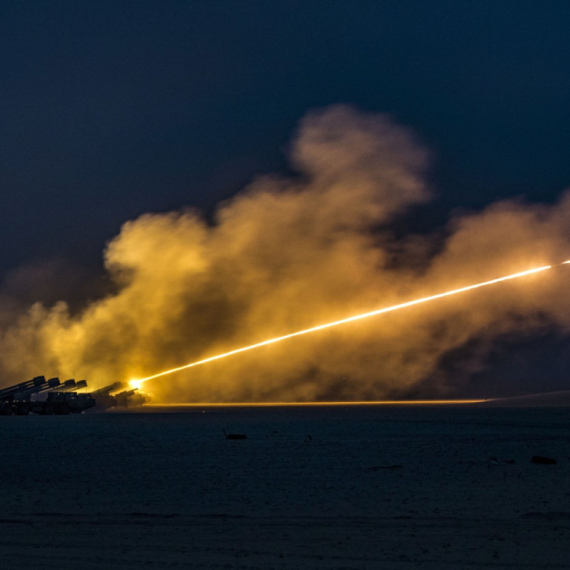
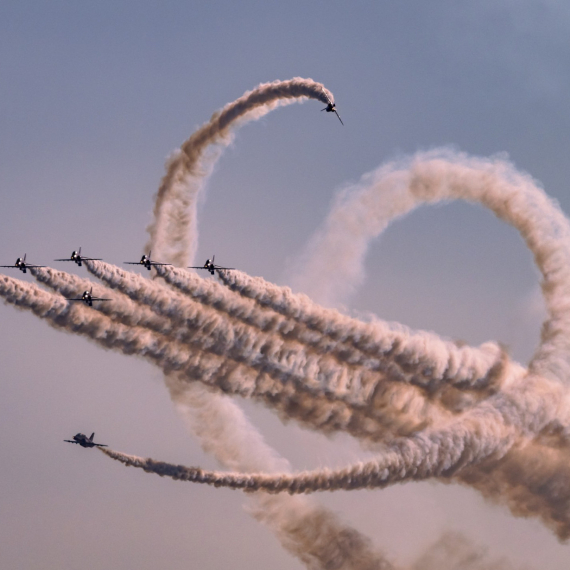
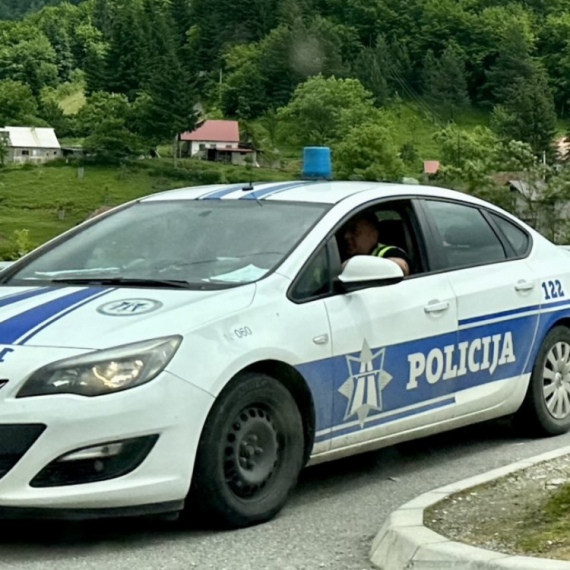
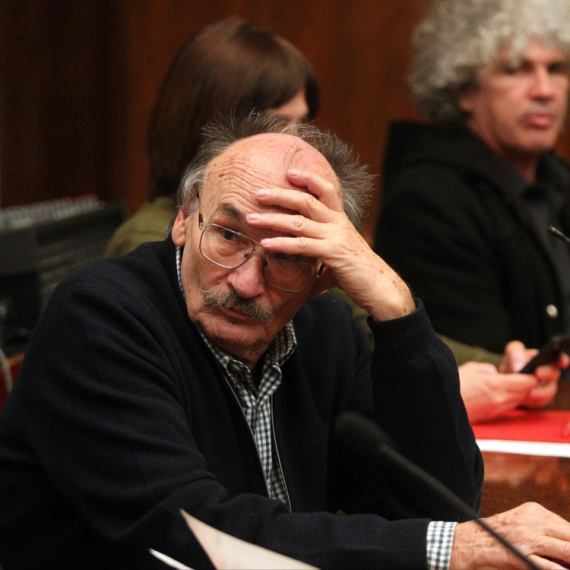
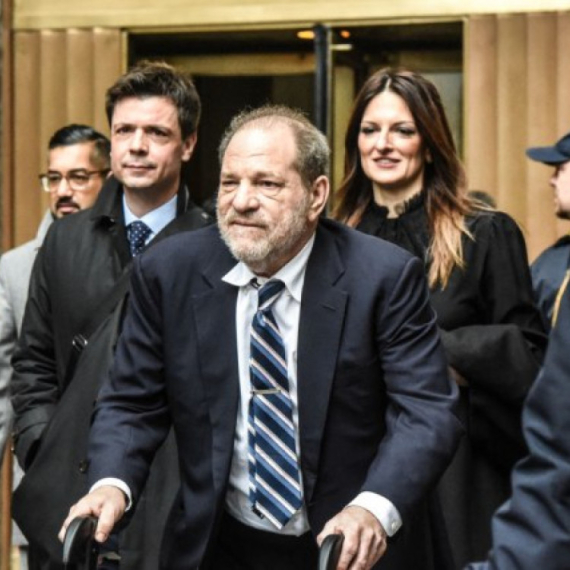






































Komentari 15
Pogledaj komentare